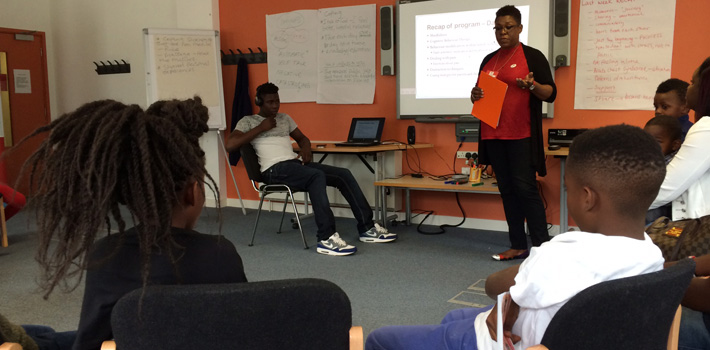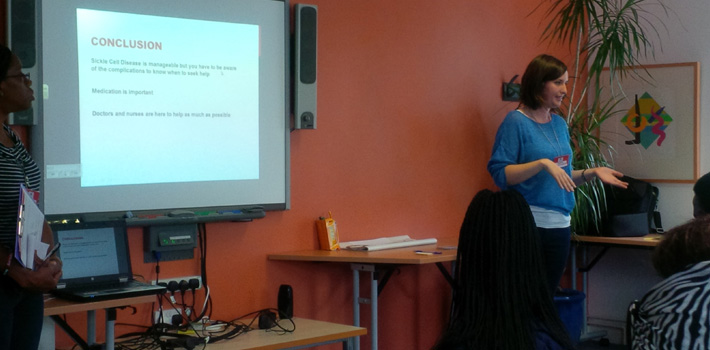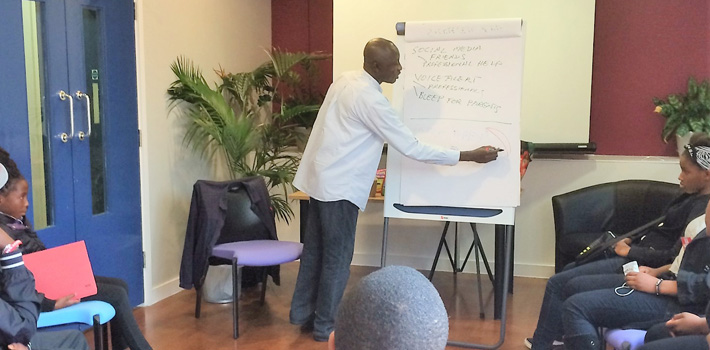Over 7000 children are currently living with Sickle cell Disorders in the UK.

Family Resilience Programme
Like any long term condition, living with Sickle cell Anaemia can be challenging for young people, as well as their families. Although there is often therapeutic support available, it is offered in a hospitalised environment to the children and young people but seldom to the family as a whole.
Research has shown that therapy shared within the family environment can make coping with a long term condition easier and build greater understanding as well as a stronger ability to deal with other challenges within the family.

What is the Family Resilience programme?
Our Family Resilience provides the opportunity for families to come together to build their capacity to recover quickly from difficulties (resilience) that living with or having a child with Sickle cell Anaemia presents. It is also a great opportunity to get to meet other families in a fun and relaxed environment.

Who designed the Programme?
This programme was jointly designed by Sickle Cell and Young Stroke Survivors (SCYSS) and Dr Kofi Anie a renowned psychologist with extensive clinical experience in supporting children, young people, families and adults living with Sickle Cell disorders.
The programme comprises of 4 half-day sessions over 4 Saturdays during September. Dr Kofi Anie, Dr Kathryn, expert therapists and expert parents jointly delivered the programme.

The main areas the programme covered?
Sickle cell and Psychological Education
Psychological coping Strategies
Communication
Maintaining Emotional Resilience
The benefits of this programme were:
Families learning coping strategies
Families learnt how to communicate better with each other
Families learnt how to manage stress
Families learnt new relaxation techniques
Families learnt about wider networks that enable greater resilience
Families gained better understanding of stigma and how it affects family dynamics and wider relationships
Families met other families, networked and made new friends as well as widened their support networks.
Many thanks to Roald Dahl’s Marvellous Children’s Charity for funding the program.

